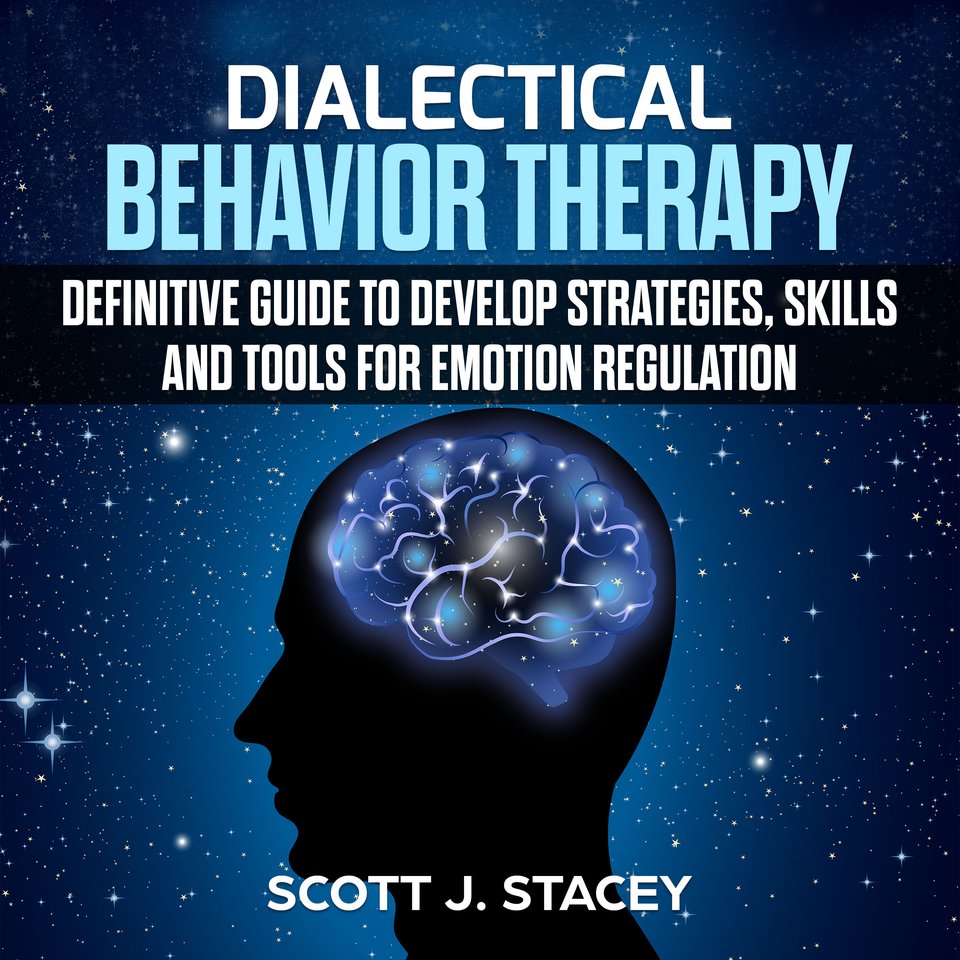Dialectical Behavior Therapy (DBT) is a multifaceted therapeutic modality primarily aimed at treating individuals diagnosed with borderline personality disorder (BPD) but increasingly recognized for its efficacy in addressing a plethora of mental health conditions. Developed by Marsha Linehan in the late 20th century, DBT is a dialectical approach that synthesizes cognitive-behavioral techniques with mindfulness practices, thereby facilitating emotional regulation, distress tolerance, interpersonal effectiveness, and acceptance. This article endeavors to proffer an in-depth exploration of DBT, highlighting its methodologies, applications, and the theoretical underpinnings that forge its unique framework.
The foundation of DBT necessitates an understanding of its core principles. Comprising four primary modules—mindfulness, interpersonal effectiveness, emotional regulation, and distress tolerance—DBT is designed to equip individuals with the skills necessary to navigate their emotional landscape and foster healthier relationships with themselves and others. Each module encapsulates distinct techniques aimed at ameliorating various psychological obstacles. Thus, the challenge to readers lies in introspectively assessing their emotional competencies and evaluating the necessity of such a structured approach in their therapeutic journey.
The Quadruple Pillars of Dialectical Behavior Therapy
To elucidate the quintessence of DBT, one must first dissect its salient components. Each module has a unique set of skills, exercises, and principles that are interwoven to create a cohesive therapeutic experience.
Mindfulness: The Cornerstone of Awareness
Mindfulness is arguably the bedrock of DBT, fostering a heightened state of awareness and presence. This practice involves cultivating a non-judgmental observation of thoughts, feelings, and sensations as they manifest without becoming entangled in them. Mindfulness practices in DBT encourage individuals to embrace the ‘now,’ thereby promoting an understanding that emotions are transient experiences rather than enduring states. Engaging in mindfulness fosters an essential tolerance of emotional discomfort, which is paramount for navigating challenges in life.
Interpersonal Effectiveness: Mastery of Relationships
Interpersonal effectiveness skills aim to empower individuals to assert their needs while maintaining healthy relationships. This module emphasizes the importance of balancing self-respect and respect for others, advocating for a communicative approach that is both assertive and constructive. Within this ambit, skills such as DEAR MAN (Describe, Express, Assert, Reinforce, Mindful, Appear confident, Negotiate) serve as essential tools for individuals seeking to negotiate their needs in interpersonal contexts without resorting to maladaptive behaviors.
Emotional Regulation: Navigating Emotional Currents
Emotional regulation skills enable individuals to identify, understand, and ultimately alter their emotional responses. This training encompasses strategies for recognizing emotional antecedents and responding to feelings in a measured and adaptive manner. Among the techniques endorsed are the use of checklists to monitor emotional states and the application of cognitive restructuring to challenge distorted perceptions. The ultimate goal is fostering emotional resilience, which is critical for maintaining stability amidst life’s vicissitudes.
Distress Tolerance: Navigating Crisis with Equanimity
Distress tolerance skills are tailored to equip individuals with strategies to cope with acute emotional crises, minimizing impulsive responses that may exacerbate distress. Techniques such as self-soothing, distraction, and radical acceptance are integral within this module. The emphasis is on enduring crises without engaging in harmful behaviors, which is often a pivotal aspect of self-preservation during tumultuous periods.
Theoretical Underpinnings: A Dialectical Synthesis
DBT’s theoretical underpinnings are rooted in a dialectical philosophy, which posits that contradictions can coexist, thus fostering growth through synthesis. Understanding this theoretical framework is essential for appreciating the depth and complexity of DBT’s application. At its core, DBT acknowledges that individuals can hold multiple truths at once. It strives to balance acceptance with change, a notion that resonates profoundly with many facing the turmoil of mental illness.
The dialectical approach of DBT permits individuals to recognize that their emotional experiences are valid while simultaneously challenging them to seek change. In this intricate dance, patients are beckoned not only to delve into the depths of their emotional turmoil but also to emerge with newfound strategies for managing their feelings and behaviors. Thus, the challenge presented to readers extends beyond mere comprehension—active participation in their own healing narrative is crucial.
Applications of DBT: Beyond Borderline Personality Disorder
Although originally designed for BPD, DBT has undergone extensive evolution in its application to various populations and mental health challenges. Research indicates its efficacy in treating conditions such as substance use disorders, post-traumatic stress disorder (PTSD), eating disorders, and even depression and anxiety. The salient question remains: How can DBT be harnessed effectively within these diverse contexts?
For individuals grappling with substance use disorders, the skills gleaned from distress tolerance and emotional regulation can mitigate the risk of relapse by instilling healthier coping mechanisms. Similarly, those with PTSD may find the mindfulness techniques particularly beneficial as they endeavor to confront and process their traumas. The adaptability of DBT reinforces its relevance across varied therapeutic landscapes, inviting practitioners and patients alike to embrace its potential.
Challenges in Implementation: The Realities of Practice
As with any therapeutic modality, the implementation of DBT is not without challenges. Practitioners may encounter resistance from clients who struggle with the inherent tension between acceptance and change. Furthermore, the demanding nature of DBT requires sustained commitment, making it essential for therapists to foster a collaborative relationship that encourages accountability and progress. Acknowledging these challenges is critical, as it sets the stage for informed discourse on the practicalities of DBT and its necessity in addressing complex psychological challenges.
A Call to Action: Embracing Dialectical Behavior Therapy
In summation, the exploration of Dialectical Behavior Therapy unveils a robust framework that provides invaluable skills for individuals navigating the tumultuous waters of emotional instability and relational difficulty. It mandates an active, participatory approach to therapy, compelling individuals to engage critically with their emotional experiences while cultivating essential coping skills.
Thus, the challenge is laid before readers: to assess their readiness to embrace the transformative potential of DBT. Are you prepared to embark on a journey of self-discovery, skill acquisition, and emotional regulation? The pathway to healing is illuminated by the principles of DBT, inviting all who grapple with emotional turbulence to explore its profound implications. Engage with the challenge, and the rewards of personal growth may be yours to reap.
